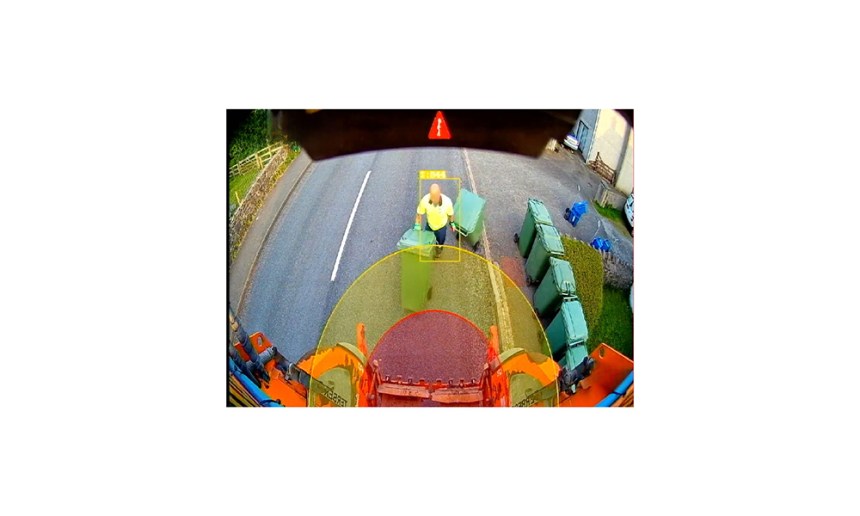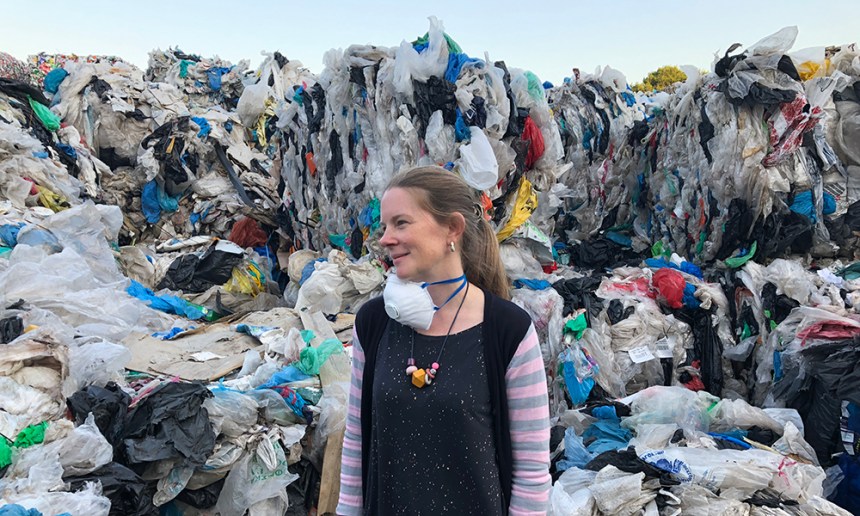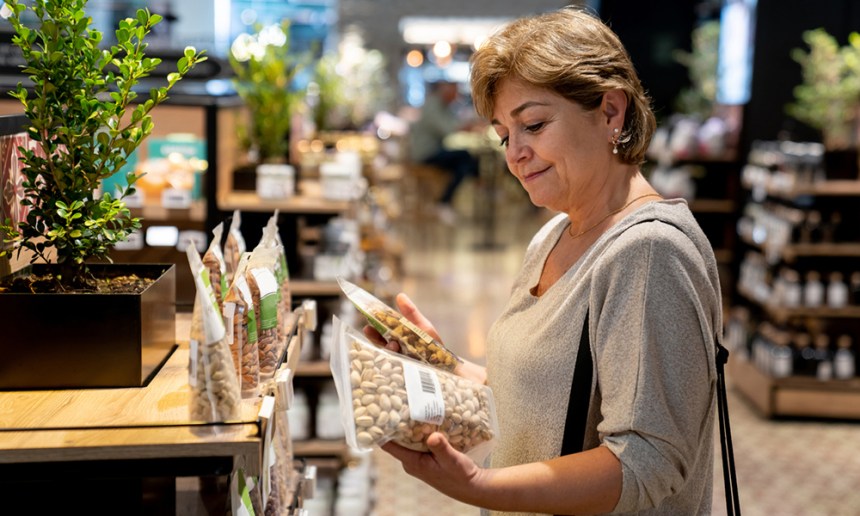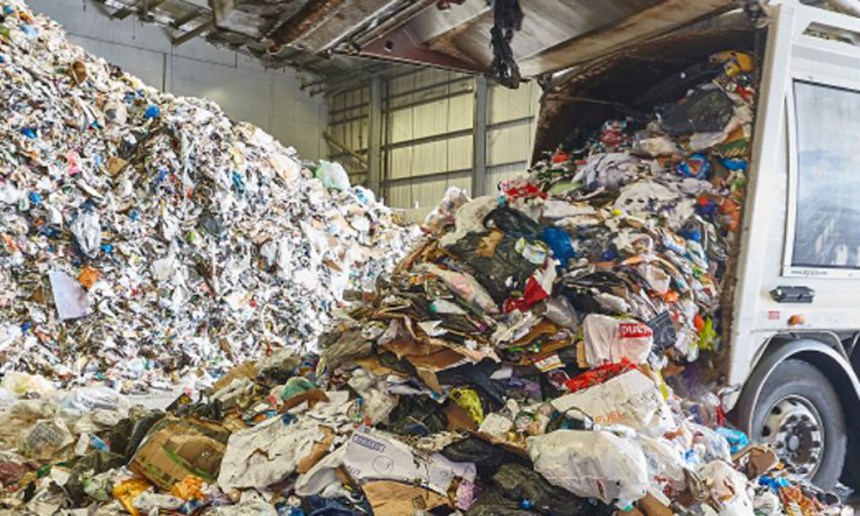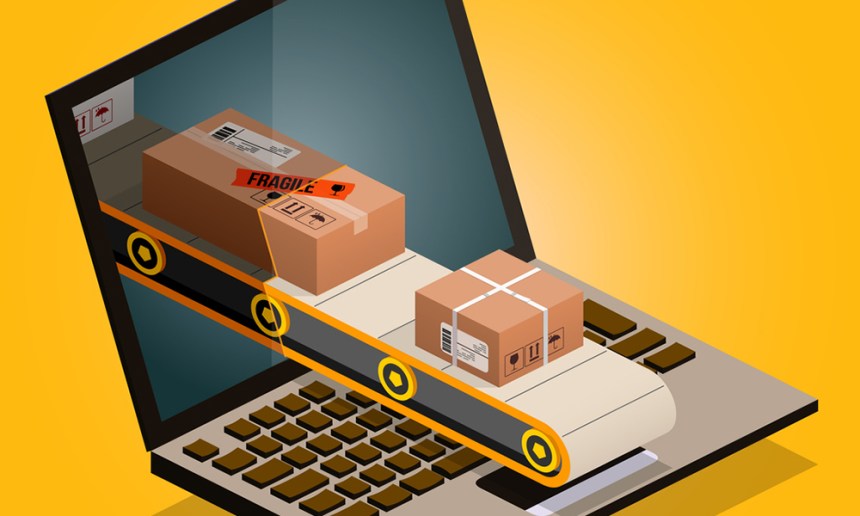Textile export business owner jailed after laundering £1.9 million
A man has been jailed for over four years after being found guilty of laundering £1.9 million through his UK-based business which exported textiles to West Africa. Ahmed Ali Suleman, 63, was found guilty of entering into a money laundering arrangement and false accounting following a trial at Birmingham Crown Court. Suleman laundered £1.9 million gained from a sophisticated romance fraud operation through his UK-based textile business, Savanna Rags. Savanna Rags collected second-hand clothing for export to West Africa, but the company also served as a front to process fraudulent funds. On Monday 23 June, he was sentenced to four years and three months’ imprisonment. Suleman was prosecuted by the…
News in brief | CIWM Commercial Partner Updates 3 July
News updates written by CIWM’s commercial partners. Contel launches next-generation AI camera systems to enhance fleet safety in the waste sector Contel, a UK-based vehicle technology specialist, is helping waste and environmental service operators boost fleet safety and compliance with the rollout of its latest AI-powered camera systems. Developed to address key risks such as blind spots and vulnerable road user collisions, Contel’s advanced AI cameras provide real-time analysis and alerts to reduce the likelihood of incidents, especially in busy urban and high-risk environments. Optional in-cab cameras and intelligent software can monitor for signs of driver fatigue, distraction, mobile phone use, and external cameras can warn the driver to people…
Sophie Thomas receives OBE for services to sustainable design
CIWM Fellow Professor Sophie Thomas has been awarded an OBE in the King’s Birthday Honours for her services to sustainable design. The OBE honours nearly 30 years of service that has transformed how the design industry approaches materials, waste, and environmental responsibility. Reacting to her OBE, Professor Sophie Thomas said: “This recognition reflects the collective effort of everyone working toward regenerative design solutions. “It highlights the urgent need for designers to take responsibility for their role in creating a circular economy that serves both human and ecological needs.” Thomas is the Senior Director of the Useful Simple Trust and Director of Circular Design at Useful Projects, where she leads interdisciplinary…
Labelling biggest source of information on how to recycle
Research from OPRL shows that labelling remains the number one source of information for consumers looking to recycle packaging. According to OPRL’s latest survey, which polled over 5,000 British consumers, 89% look for information on packaging, while 81% said they use the OPRL ‘Recycle’ label when disposing of packaging. The survey found that consumers are less likely to cite lack of importance or understanding as barriers to recycling, with 83% saying they believe recycling is important. Although friends and family are a growing source of knowledge, the survey found that labelling remained the primary route for consumers to find out what they can recycle. Commenting on the survey results,…
Sustainable Construction Barometer 2025: What is the sector’s future?
Warren Fothergill, Premier Modular, analyses the findings of the Sustainable Construction Barometer 2025 and what they mean for the construction sector. The findings of the Sustainable Construction Barometer 2025 are both sobering and rousing for the sector and its wider supply chains. It’s clear that while awareness of sustainable construction is growing globally and there is a shared desire to improve, the UK still lags significantly behind, with only 24% of the population familiar with the concept. The construction industry is responsible for nearly 40% of global carbon emissions, which is why increasing the current levels of public awareness will be crucial in making sustainable construction the standard and…
PRNs in the age of EPR: What does this mean for the market?
Matthew Austin, Senior Market Analyst at Ecosurety, revisits how the UK’s packaging recycling obligations have evolved in light of the latest PRN market data. In an article last year, I explored how the UK’s packaging recycling obligation might evolve under the first year of Extended Producer Responsibility (EPR), and what this could mean for the PRN (Packaging Recovering Note) markets. It was a response to the then draft statutory instrument – which is now law – and raised concerns about the new recycling targets. I cautioned that the 2025 recycling obligation could be lower than in recent years, and potentially lead to oversupplied markets and reduced revenue for recyclers.…
Household food waste threatens UK net zero target, WRAP says
WRAP has warned the UK that unless they halve global food waste it will make it ‘much more difficult’ to meet net zero goals. The latest data from global environmental action NGO, WRAP, shows that household food waste decreased by 9% between 2021 to 2022. WRAP says the data shows that, while it is possible to significantly reduce widescale household food waste in a short space of time, the UK is not on track to achieve the UN Sustainable Development Goal 12.3 to halve global food waste. The reduction in food waste between 2021 to 2022 was primarily caused by COVID-19 restrictions and rising food prices, particularly up to…
North London Waste Authority targets 50% household recycling rate
North London Waste Authority approves new Joint Waste Strategy that sets target to achieve 50% household recycling rate by 2040. Members of the North London Waste Authority (NLWA) last week approved a new Joint Waste Strategy that covers the period between 2025 and 2040. The startegy includes targets such as halving avoidable food waste and recyclable materials in residual waste, doubling the proportion of materials reused at reuse and recycling centres, and achieving a 50% household recycling rate. The NLWA has also committed to reducing the environmental impact of disposal and sending zero waste to landfill. NLWA and the seven north London boroughs of Barnet, Camden, Enfield, Hackney, Haringey, Islington…
New packaging waste rules: What should ‘Small Producers’ do?
John Redmayne, CEO of ERP UK, explains what ‘Small Producers’ must do about new EPR for packaging reporting thresholds. Quietly, but firmly, the government has halved the reporting thresholds for businesses under its Extended Producer Responsibility (EPR) scheme for packaging – meaning thousands of smaller UK businesses are now in scope. Previously, only firms turning over more than £2 million that handed over 50 tonnes of packaging a year needed to register. But under the updated rules, any business with a turnover of just £1 million that handles as little as 25 tonnes of packaging now falls under the spotlight. A new category, defined as ‘Small Producers’, has been…
£7 million awarded to heat networks across England and Wales
49 district and communal heat networks in England and Wales receive £7 million in funding from the Heat Network Efficiency Scheme (HNES). The investment will provide heating to over 11,300 residents, and for hospitals, charities, universities, and religious buildings, Gemserv – the company responsible for delivering HNES – says. The HNES is entering its third year of supporting low-income households and public sector buildings to create more efficient heating systems. Funded by the Department for Energy Security and Net Zero, HNES can provide up to, but not including, 50% of the total estimated eligible project costs for capital grant applications, and up to 100% of the estimated eligible project…




